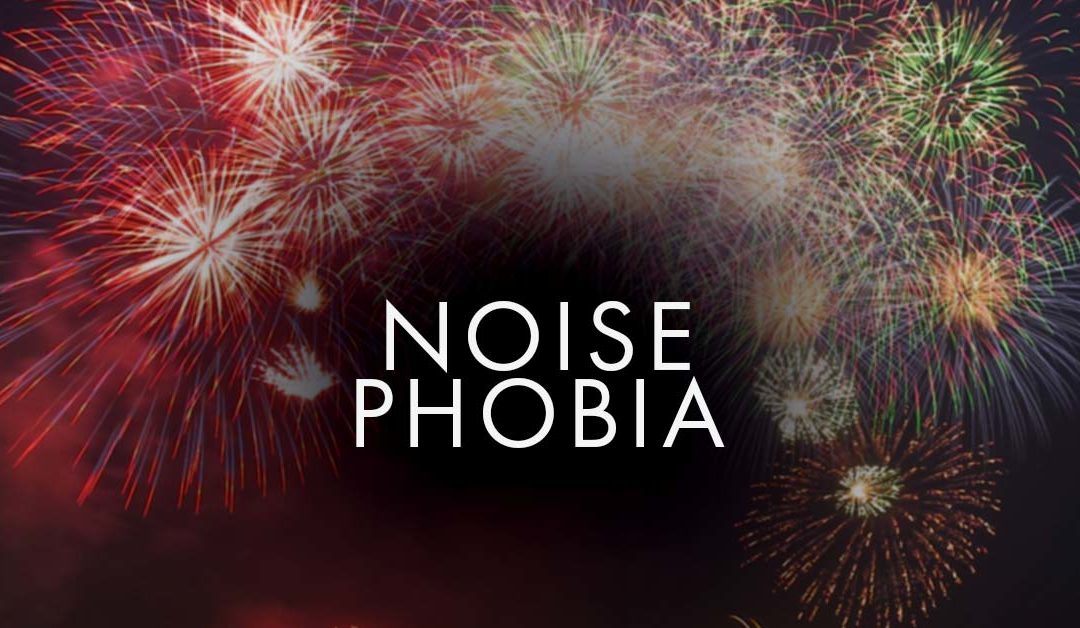
Article authored by Jacklyn Needham – Vet Tech, Animal Health Veterinary Clinic.
As Independence Day draws near, our calendars and check lists are quickly overflowing with supplies to purchase and celebratory 1 deposit casinouk.com parties to attend. Among the lengthy list of supplies, fireworks have become an American staple during Fourth of July celebrations; however, it can be easy to forget the fear they provoke in our furry family members.
Many pet owners are familiar with their dog or cat companions displaying anxious or fearful behavior during thunderstorms, and fireworks may evoke a similar response. These pets are experiencing noise phobia. Noise phobia may be understood as an excessive fear of sound resulting in an attempt to avoid or escape the unpleasant sound. Keeping your pet comfortable and safe during this year’s Fourth of July celebrations can be easily accomplished by recognizing characteristic behaviors of noise phobia and implementing simple coping mechanisms.
Characteristic Behavior
Noise phobia may be expressed in a variety of ways and can differ in type and severity from one pet to another. Common behaviors to watch for include but are not limited to hiding, pacing, urinating or defecating, chewing, excessive panting, drooling, trembling, barking, digging, and attempting to escape such as jumping through windows. Fortunately, numerous coping mechanisms prove effective in treating such phobic behavior.
Coping Mechanisms
Just like people, each pet responds to stimuli differently which makes observation an essential part of choosing which coping mechanism to employ. Depending on the severity of the noise and your pet’s phobic behavior, you may opt to utilize one technique alone or in conjunction with another.
Safe Zone:
Creating a “safe zone” for your pet proves a simple and effective method for calming their nerves. Some dogs prefer to hide in dark, quiet corners to escape loud noises; thus, providing them with a dark space such as a closet, bathroom, or table to lay under establishes a sense of security. Crate trained dogs may choose to retreat there voluntarily, so consider laying a blanket over it to create a more comfortable, inviting environment. If your pet continues to exhibit distress, try playing music or turning on a television or fan to drown out the discomforting noise.
Thundershirt:
Here at Animal Health Veterinary Clinic, some of our patients combat noise phobia by wearing a Thundershirt which is a snugly fitting wrap that applies pressure to the pet’s body in order to encourage feelings of comfort and relaxation. Our office supplies samples of several sizes to help you accurately purchase the correct size for your pet.
Medications:
For some pets, the previously mentioned coping mechanisms prove insufficient and further steps must be taken. In these cases, our clinic provides several medicinal treatments including Sileo, the first FDA approved medication designed to treat noise phobic dogs. Available through our licensed veterinarians, Sileo is administrated orally through a syringe and takes effect between 30 to 60 minutes post application. Sileo works by CALMING the pet (not sedating like other meds).
Herbal Remedies:
If you would prefer to try an herbal remedy, lavender oil remains a known strategy for reducing stress responses. If you are aware of when a noise stressor may occur, try placing a few drops on your pet’s collar or bedding beforehand. Moreover, Solliquin, a holistic behavioral health supplement, has produced successful calming results for some of our anxious patients. Consisting of L-theanine, Magnolia and Phellodendron extracts, and whey protein concentrate, Solliquin comes in soft chews for small to medium dogs and cats as well as chewable tablets for medium to large dogs.
Unfortunately, some pets can be picky eaters. Enter the Adaptil collar. Adaptil, formerly known as DAP or Dog Appeasing Pheromone, continuously releases a synthetic copy of a calming pheromone secreted by mother dogs. In addition to the collar, you may also choose from a diffuser or a spray.
Rescue Remedy is a supplement consisting of flower extracts intended to calm nerves. This may be placed in your pet’s water or on a treat.
Specifically for our feline friends, Feliway is a pheromone-based product that mimics the natural pheromones found in cats. This product may be sprayed on your cat’s bedding, your clothes, or even your hands in order to sooth your anxious cat.
If your pet does not improve with the help of a safe zone, Thundershirt, or herbal remedy or suffers from chronic anxiety, other medicinal options may be discussed with one of our experienced veterinarians.
This Fourth of July, Dr. Rodriguez, Dr. Collazos, Dr. Readdy, and our staff encourage you to be mindful of your furry family members and the toll loud noises can take on them. If you have any questions or would like to schedule an appointment to discuss a treatment plan specific to your pet, please give our office a call! (352) 596-8326

